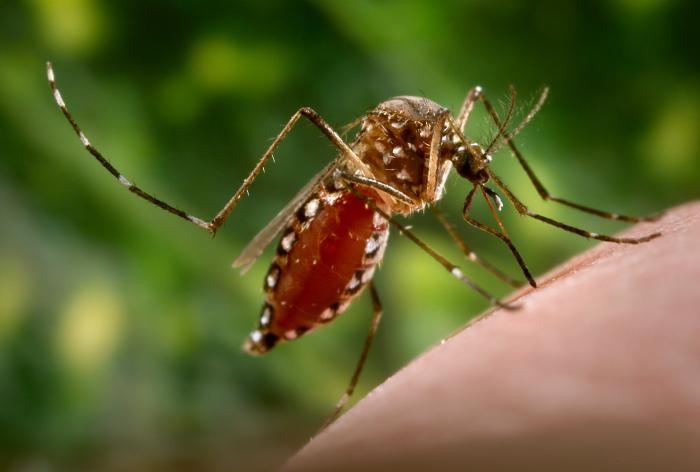The US Centers for Disease Control and Prevention (CDC) yesterday said it has received reports of 90 imported Oropouche virus from 5 states, mostly from Florida, and it also issued recommendations for male travelers to prevent possible sexual spread.

The group has warned about the risk of infected pregnant women passing the virus to their fetuses and the possibility of poor fetal outcomes. In its latest update, the CDC also acknowledged the risk of sexual transmission, raised in a recent scientific report, but said no sexual transmission cases have been reported.
In new interim recommendations to prevent sexual spread for travelers to affected areas, the CDC recommends that men diagnosed with Oropouche infections use condoms or abstain from sex for 6 weeks from the start of symptoms.
For those with Oropouche symptoms during travel or within 2 weeks of travel, the CDC recommends talking to a healthcare provider about testing or consider using condoms or abstaining from sex for 6 weeks since the start of symptoms.
For those planning to donate semen, the CDC said that until more is known, men who have Oropouche symptoms should wait 6 weeks before donating. Those who were potentially exposed during travel should consider waiting 6 weeks after returning from travel to donate.
Ecuador and Guyana report first Oropouche virus cases
Two new countries in the Americas region—Ecuador and Guyana—have reported their first locally acquired Oropouche virus cases, the Pan American Health Organization (PAHO) said in its monthly update.
Since the group’s last update in September, 423 new cases have been reported from 7 countries. The majority were from Brazil, followed by Cuba, which has also reported three cases of Guillain-Barre syndrome linked to the disease. The United States reported 69 imported cases.
Since the first of the year, 10,275 cases of Oropouche virus, spread by some midge and mosquito species, have been reported from 9 countries. Severe fetal outcomes, including fetal death and congenital malformation, have been reported from Brazil and Cuba.



.jpg)










